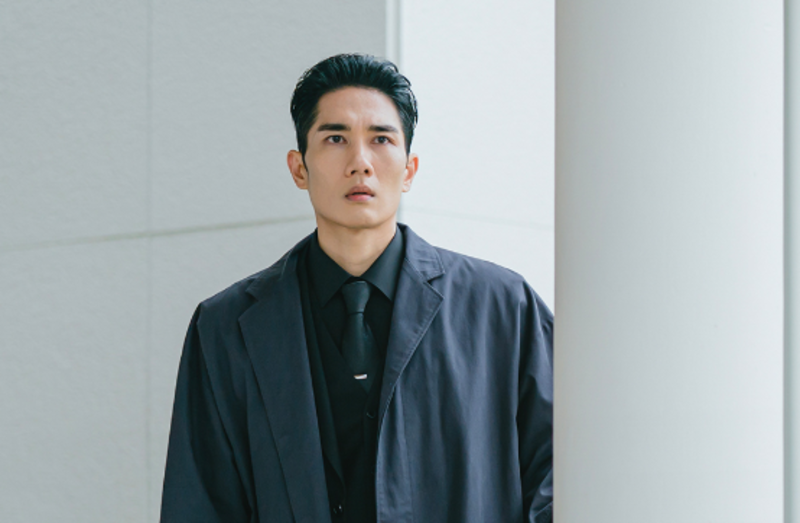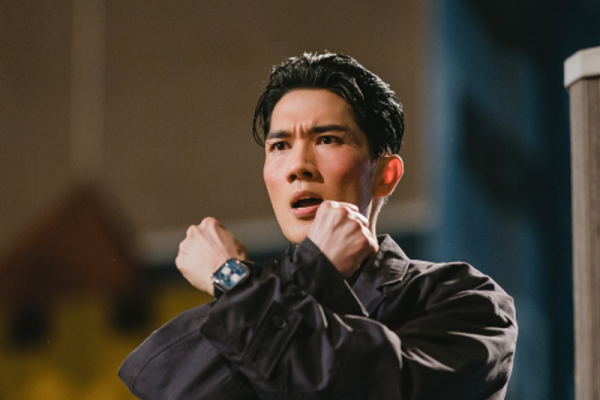Seo Ji Hwan, played by Um Tae Goo, is a standout character in the Korean drama My Sweet Mobster. Living his new life as CEO of Thirsty Deer, Ji Hwan makes several wise decisions that contribute to the company’s success and the well-being of its employees. His leadership style, especially in dealing with the ex-gangsters he employs, offers valuable lessons in compassion, understanding, and strategic thinking. Let’s delve into Ji Hwan’s three key decisions that have made Thirsty Deer a thriving business.
Providing Employment Opportunities for Former Gangsters

As depicted in My Sweet Mobster, Thirsty Deer was founded by Seo Ji Hwan, the successor of the notorious Bulldogs gang. Instead of continuing down a criminal path, Ji Hwan chose to steer his former gang members in a positive direction, focusing on the production and sale of processed meat products.
The stigma surrounding ex-convicts often makes it difficult for them to find employment. However, Ji Hwan looked beyond their pasts, providing them with a second chance. This not only helped the individuals reintegrate into society but also prevented them from returning to a life of crime. By focusing on producing safe and high-quality products, Thirsty Deer managed to build a loyal customer base despite initial prejudices.
Not Judging Employees by Their Past

Another commendable decision by Ji Hwan is his refusal to judge his employees based on their pasts. Society may hold biases against ex-convicts, but Ji Hwan understands the importance of giving people a chance to prove themselves.
For instance, when Kwak Jae Soo, an employee, was involved in a heated promotion incident, Ji Hwan chose to handle the situation with a cool head. Instead of harshly penalizing Jae Soo, he issued a firm warning and moved on without holding grudges. This approach fosters trust and loyalty among employees, reinforcing a supportive and understanding work environment.
Solving Problems with a Family Approach

Ji Hwan’s leadership style is heavily influenced by his belief in resolving conflicts amicably. Even when faced with legal issues, he often opts for a family-like approach to problem-solving. This was evident when a video of Thirsty Deer employees fighting went viral. Instead of resorting to threats, Ji Hwan chose to negotiate and find a peaceful solution.
This method not only resolves disputes effectively but also strengthens the bonds within the team. Ji Hwan’s men have adopted this approach, further promoting harmony and collaboration within the company. His ability to maintain a calm demeanor and prioritize amicable resolutions has undoubtedly contributed to the stability and success of Thirsty Deer.
In conclusion, Ji Hwan’s decisions to provide employment opportunities for former gangsters, refrain from judging his employees based on their pasts, and solve problems in a family-like manner have proven to be wise and impactful. These choices have helped Thirsty Deer thrive and created a supportive, understanding workplace culture. As a leader, Ji Hwan exemplifies the importance of compassion, second chances, and conflict resolution, making him a character worth emulating.
